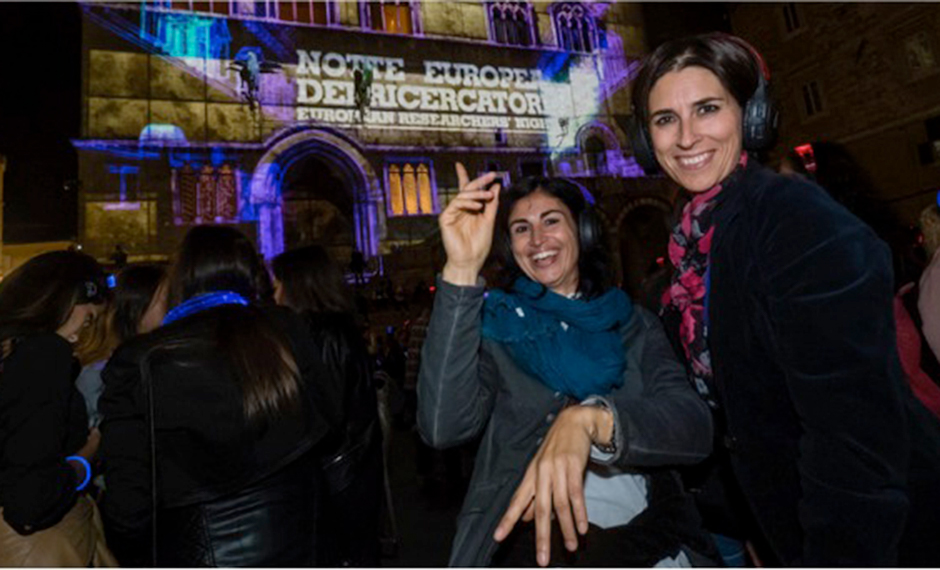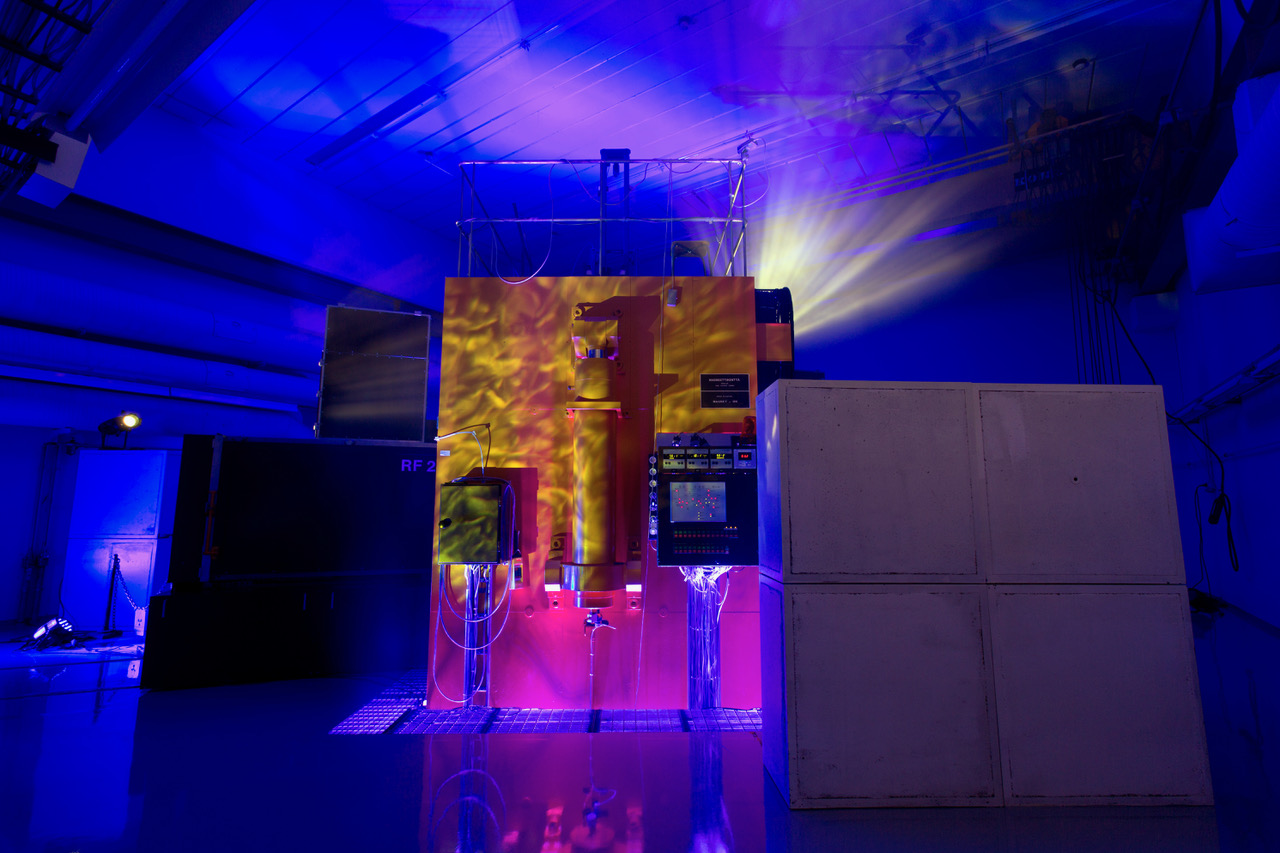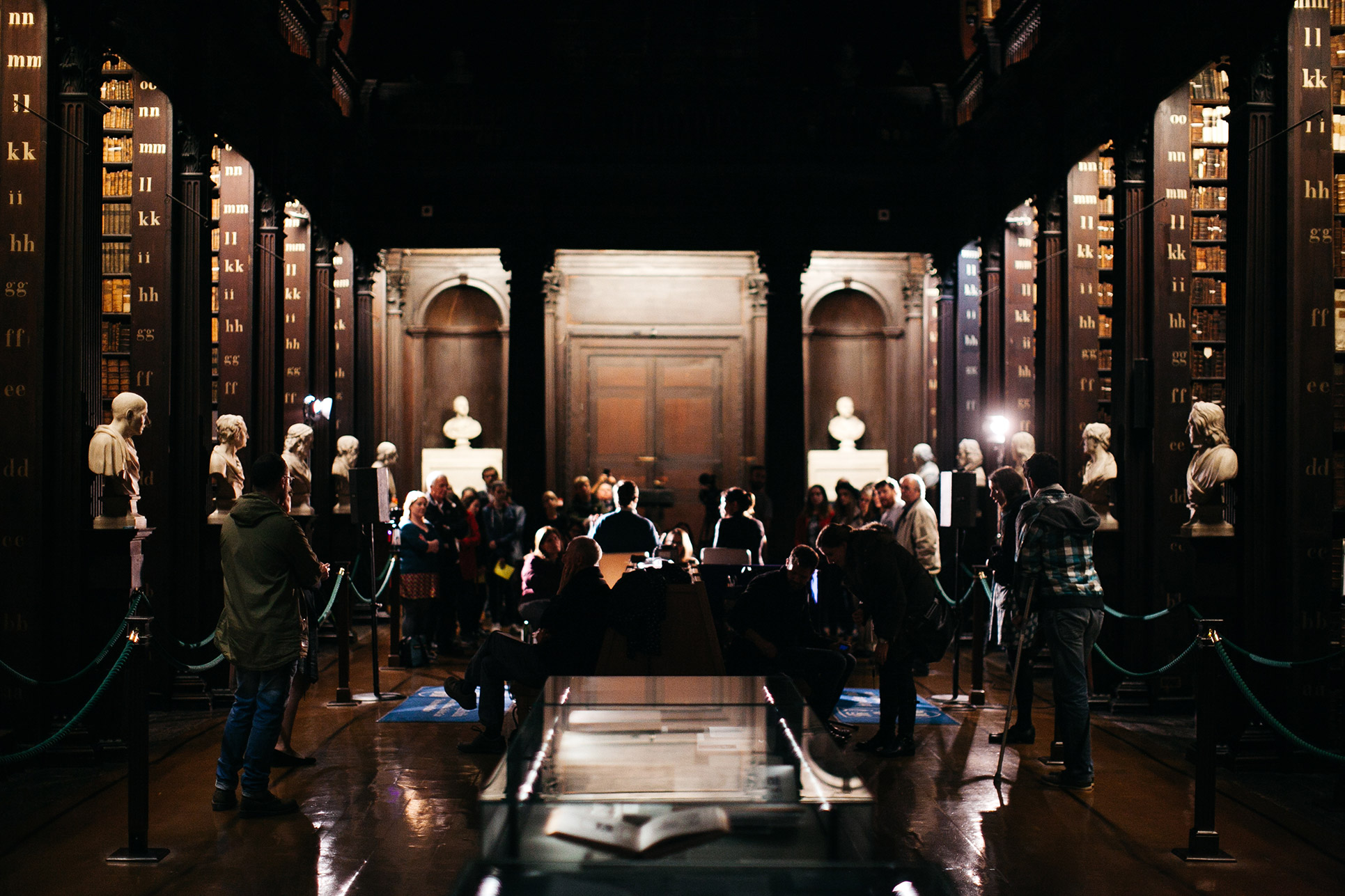From Lisbon to Bucharest, Rome to Helsinki, on 29 September, researchers from 30 European countries and across 300 cities will be sharing their research with the public, through a range of hands-on activities, experiments, shows and talks to celebrate the annual European Researcher’s Night, Europe’s largest science festival.

As preparations for events in Sweden are being finalised, we caught up with a number of organisers to find out what is happening in other countries.
In Finland, European Researchers’ Night this year is being run in 14 cities.
– We have a very rich programme for all walks of life, says Philippos Papadakis, a nuclear physicist and senior researcher from the Accelerator Laboratory at the University of Jyväskylä in Finland.
– We are organising a full day of events involving almost all of our University Departments from the natural sciences to the humanities. Our event highlights include a light show on the façade of the university building in collaboration with light artist Kari Kola and a open tour of the cyclotron, the particle accelerator used for nuclear physics experiments.
At previous Researchers’ Nights, Philippos and colleagues have witnessed strong public engagement, from young students to grandparents accompanying their grandchildren to different interactive activities after school.
– It’s really exciting to see!
It’s really exciting to see!

In Dublin, the pop-up festival “PROBE”, a collaboration between Trinity College and Dublin Science Gallery, will be filling Trinity’s Front Square with exclusive performances, interactive workshops, a maker fair and talks.
– Through storytelling sessions, we will be guiding visitors through the future of tiny satellites, vaccines, artificial intelligence and much more, says Niamh O’Doherty from the organising team.
At last year’s event they hosted an hour long talk with several researchers on the Brief History of Life in Trinity’s iconic Long Room. The panel consisted of a geologist, zoologist, geneticist and archivist, who brought along six fascinating artifacts from the Natural History Department.
– Memorably, one of them was a big shark jaw that they passed around the audience and everyone got the chance to hold it! I am looking forward to this year’s event too!
a big shark jaw that they passed around the audience

Aleksandra Divac Rankov, a researcher from the Institute of Molecular Genetics and Genetic Engineering at the University of Belgrade tells me about their programme spanning 11 cities in Serbia.
– We already started in September with a promotional campaign involving an outreach science bus that travelled around the cities prepping the public for the event on Friday. As a scientist, it’s really engaging to participate in European Researchers’ Night. The most satisfactory part of our work is to promote science, talk to people who don’t know much about it and to engage with children who are really open minded. It always gives me enthusiasm for the whole year to come.
It always gives me enthusiasm for the whole year to come.

Crossing the Adriatic Sea, the Italian peninsula is filled with activities from north to south. Leonardo Alfonsi from the city of Perugia, tells me about their exciting programme.
– We have created an event called “Researchers on tap”, in collaboration with a local pub, where customers can discuss a scientific topic over a drink during the evening.
In another part of the city they are organising a game aimed at dispelling stereotypes associated with researchers and research, in which young people have to match the scientist with their research field.
– The idea is to get more women interested in science and technology and encourage young people to consider a career in research.
The idea is to get more women interested in science and technology.
These are just a few of the hundreds of interactive activities that will be taking place on Friday all across Europe. So if you are curious about the mystery of the universe, how to decode ancient DNA, the latest developments in cancer research or the daily work of a music researcher, don’t hesitate to check the map to find your closest event. Come and find out how European researchers are working to solve the world’s most pressing problems. The 29 September is a day for inventiveness, creativity and imagination, and there is no wrong question to ask.
For more information about events near you, consult the European Commission’s website.
In Sweden, activities are arranged in 28 cities across the country on ForskarFredag (Researchers’ Friday).

